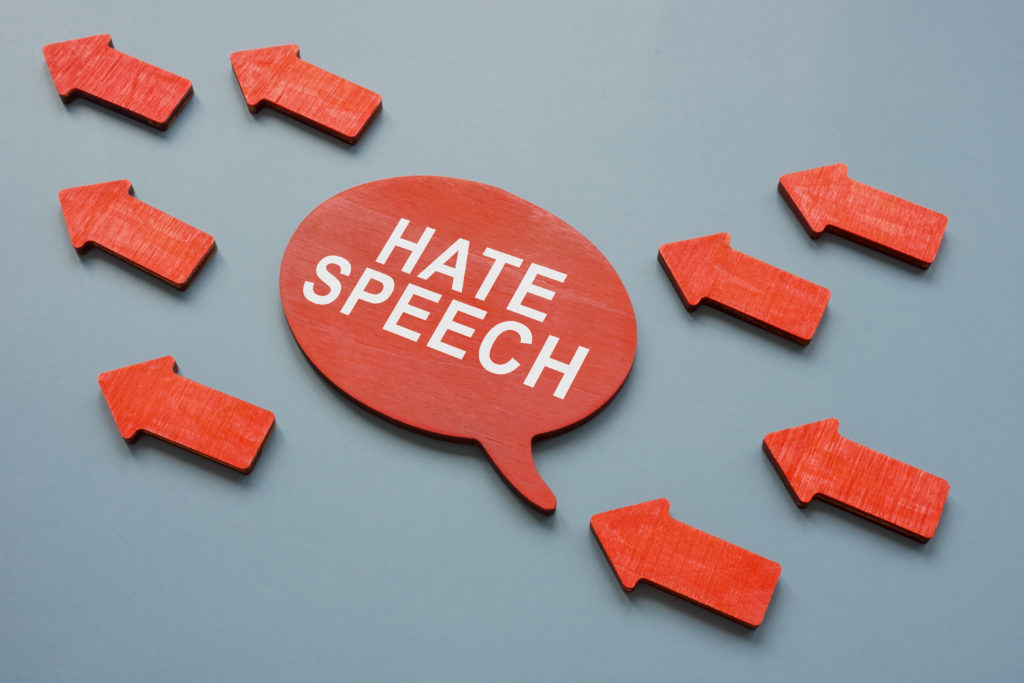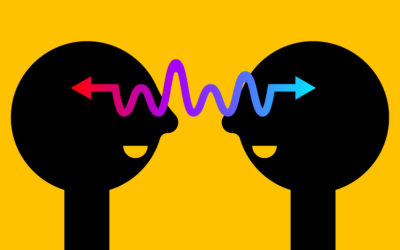Quick Hits
Daily brief research updates from the cognitive sciences

I am sure we all know that feeling of getting more irritable when temperatures rise. Well, now we have some fascinating research to show that that irascibility is also measurable in the amount of hate speech online.
We may assume that hate speech is simply the language of a number of opinionated and disagreeable folk. Sure, it is, but this shows that, seemingly, local temperatures magnify this effect.
So, what was this fascinating study?
This was conducted by Annika Stechemesser, et al. of the Potsdam Institute for Climate Impact Research by analysing over 4 billion tweets in the US using AI algorithms. From this they identified about 75 million English phrased hate tweets. They were then mapped to local temperatures and lo and behold a correlation was found.
What they found is that there is feel good window which corresponds to the minimum of hate tweets. That feel good window is between 12 and 21°C with the absolute minimum between 15 and 18°C. Temperatures either above or below, interestingly, led to an increase in hate tweets. Temperatures above 30°C are consistently linked to an increase in hate tweets across climate zones and socioeconomic differences including income, religious beliefs, or political preferences.
This is fascinating because it shows that local environmental conditions also impact hate behaviour – previously only considered as an attitude, personality, or belief problem. It also shows that changing climate dynamics with a global increase in extreme weather will likely also drive an increase in bad behaviour online and on social media.
Note also that this is not US specific with the same group of researchers also finding similar patterns in Europe.
This is important to note because this behaviour will likely occur in all social situations, in business and in society. We seem to have an optimal window and out of this things get, well, heated.

Andy Habermacher
Andy is author of leading brains Review, Neuroleadership, and multiple other books. He has been intensively involved in writing and research into neuroleadership and is considered one of Europe’s leading experts. He is also a well-known public speaker, speaking on the brain and human behaviour.
Andy is also a masters athlete (middle distance running) and competes regularly at international competitions (and holds a few national records in his age category).
References
Annika Stechemesser, Anders Levermann, Leonie Wenz.
Temperature impacts on hate speech online: evidence from 4 billion geolocated tweets from the USA.
The Lancet Planetary Health, 2022; 6 (9): e714
DOI: 10.1016/S2542-5196(22)00173-5
A Stechemesser, L Wenz, M Kotz, A Levermann.
Strong increase of racist tweets outside of climate comfort zone in Europe.
Environmental Research Letters, 2021; 16 (11): 114001
DOI: 10.1088/1748-9326/ac28b3
More Quick Hits
The Surprising Effectiveness of Coaching in Diminishing Burnout Symptoms
Different areas of the brain are associated with empathy – this new research shows how brain regions synchronise to induce empathic responses.
When Love Overrides Other Needs
Different areas of the brain are associated with empathy – this new research shows how brain regions synchronise to induce empathic responses.
The Negative Social Impact of Dealing with AI in the Workplace
Different areas of the brain are associated with empathy – this new research shows how brain regions synchronise to induce empathic responses.
How the Gut Influences Brain Development in Babies
Different areas of the brain are associated with empathy – this new research shows how brain regions synchronise to induce empathic responses.
Your Brain’s Own Cannabinoid Molecules Calm You Down
Different areas of the brain are associated with empathy – this new research shows how brain regions synchronise to induce empathic responses.
Role of Dopamine in Speed and Accuracy of Decisions
Different areas of the brain are associated with empathy – this new research shows how brain regions synchronise to induce empathic responses.






